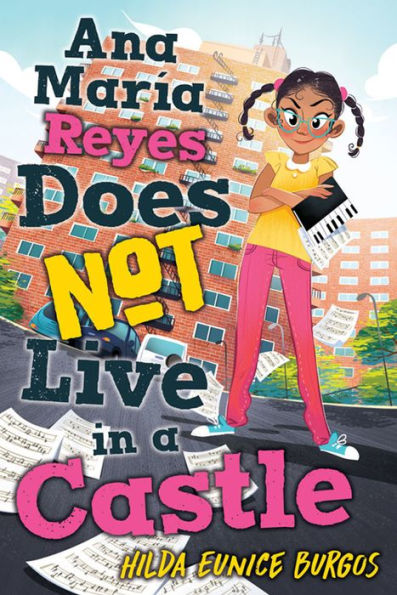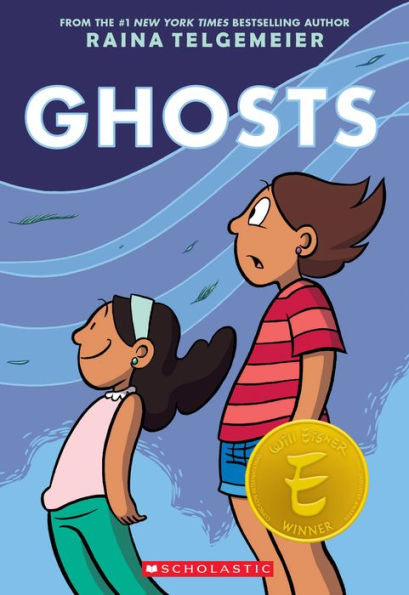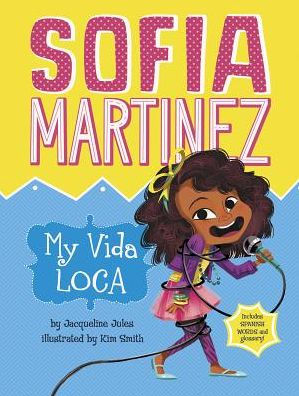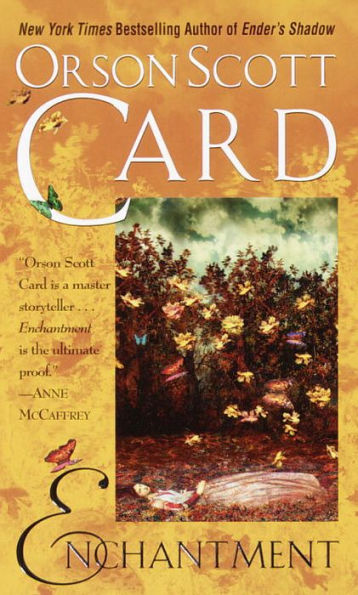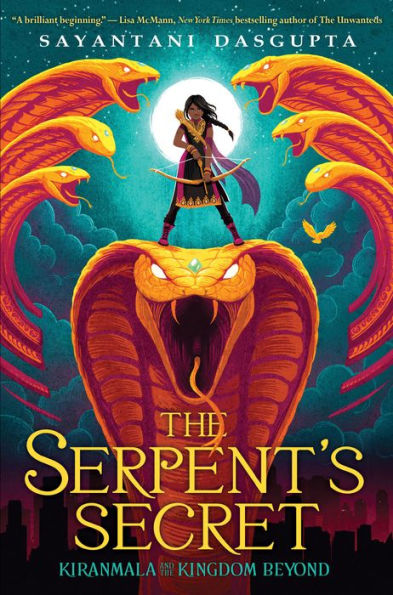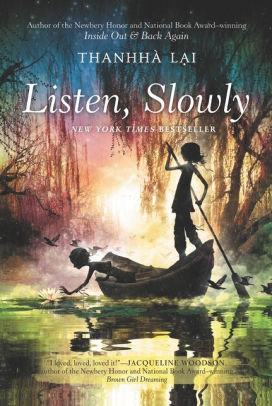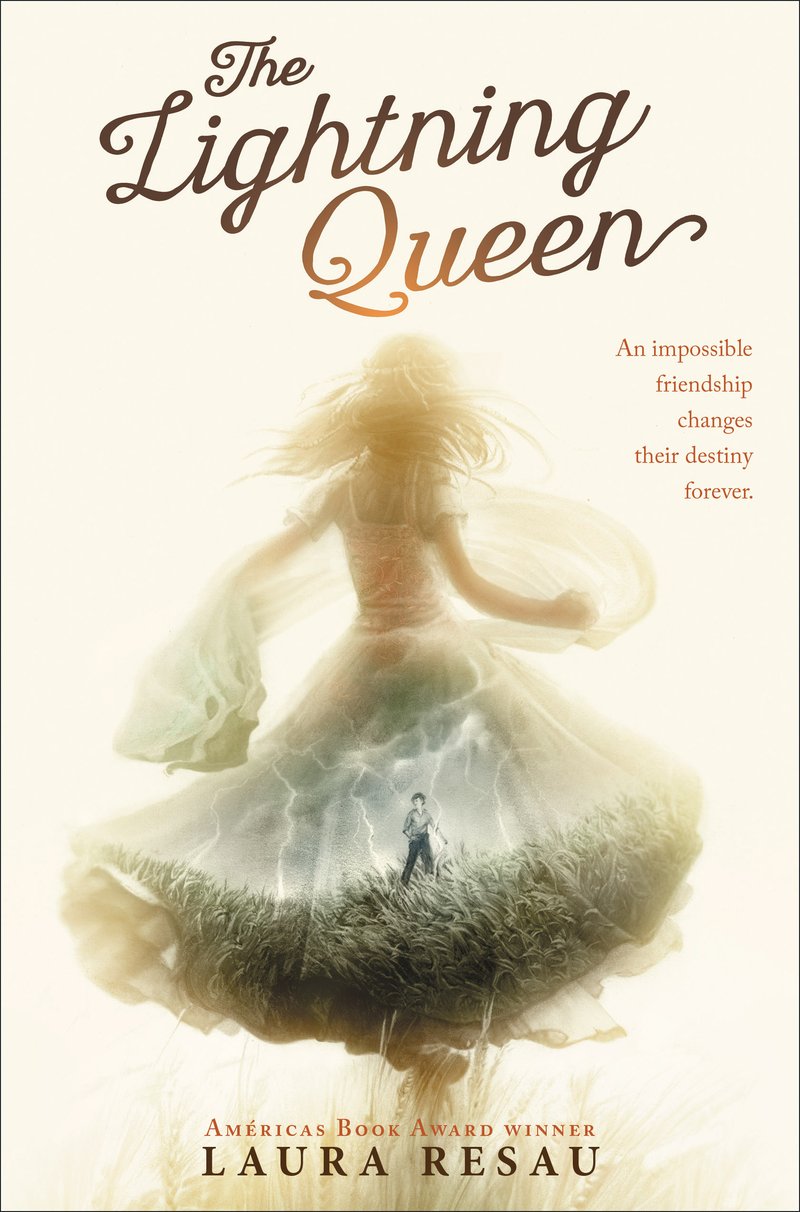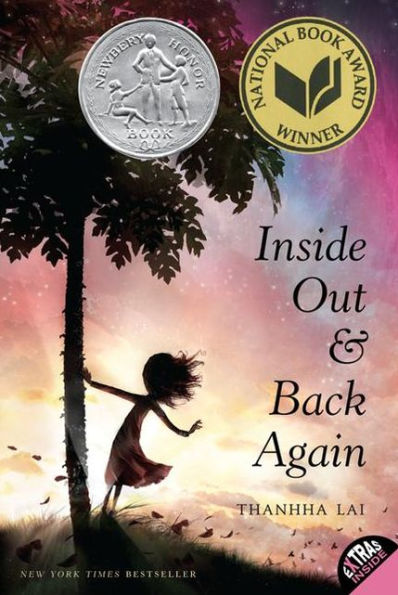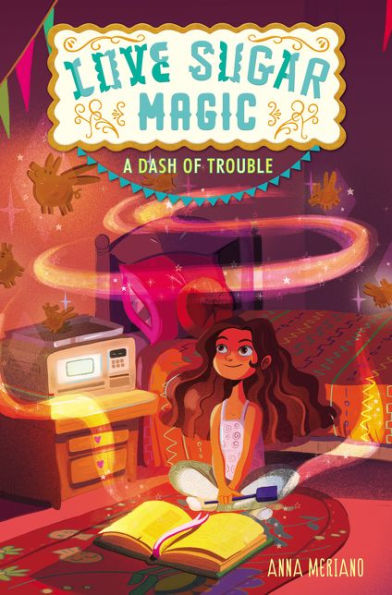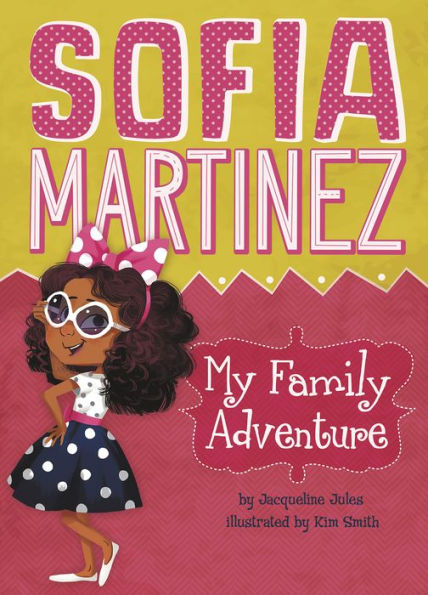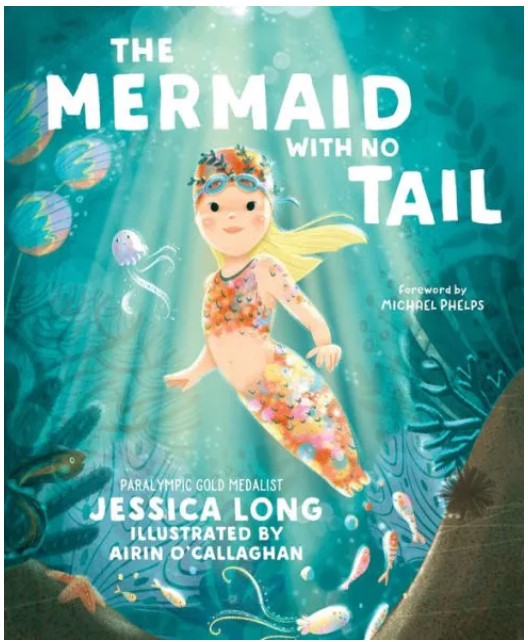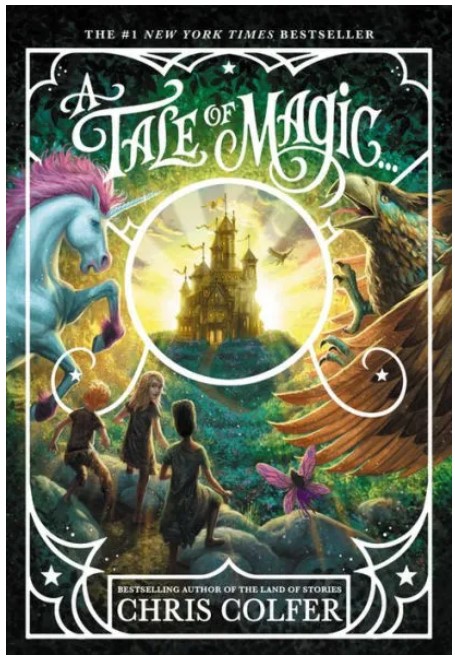Ana María Reyes’s last name means “kings,” but she doesn’t live in a castle. Instead, she lives in a two-room apartment with too many people—her parents and her three sisters. When her parents tell the family that a new baby is on the way, Ana María isn’t thrilled. With so many people in the house, Ana María wonders why her parents would want another child.
To make matters worse, Ana María is given a chance to earn a scholarship for the Eleanor School, New York City’s best private academy. She is excited at the prospect, but in order to earn the scholarship, she has to amaze the judges at her piano showcase. Every time she tries to practice, something or someone gets in the way!
Then the family takes a trip to the Dominican Republic, and Ana María realizes that while she may not live in a castle, she isn’t as poor as she thought. When disaster strikes her family, Ana María must figure out what’s most important to her. Will following her dreams conflict with doing what’s best for others?
Ana María Reyes does not Live in a Castle follows the struggle of a large first-generation Dominican family living in New York City. Despite having a loving family, Ana María wants more—more space, more attention, and more nice things. She struggles with how her parents always help those in the community, even if it means putting Ana María’s needs aside. When she sees others struggle, Ana María thinks, “other people’s problems weren’t my responsibility. We should take care of ourselves.” However, in the end, she realizes the importance of helping those in need. Unlike many stories, Ana María does not Live in a Castle highlights the fact that giving to others doesn’t always make a person feel good. Sometimes helping others means making painful sacrifices.
Ana María’s story is realistic fiction that deals with the hard topics of substance abuse, child labor, and complicated family relationships. Because the story is written from Ana María’s viewpoint, the topics are covered in child-friendly terms. Ana María feels ignored, but later realizes that she has misinterpreted her mother’s actions. She thinks, “Maybe instead of being mad at Mami for hanging out with my sisters, I should have been thanking her for helping me concentrate on my practicing.”
Despite the fun cover, Ana María Reyes does not Live in a Castle is not a lighthearted children’s story. The number of characters, the tough topics, and the length of the story will be difficult for many readers. The story has some Spanish words, which also may confuse readers. Ana María’s story is interesting, but readers who are still used to illustrated children’s books may have a difficult time finishing Ana María does not Live in a Castle.
The themes of hard work, supporting your family, and giving to others are reinforced throughout the book. In the end, the reader will come away knowing, “That’s one of the great things about family. Nobody’s perfect, but we still love and support each other.” Ana María is a relatable character who learns some valuable lessons. The positive messages in Ana María Reyes does not Live in a Castle make it well worth the read.
Sexual Content
- One of the teen characters is pregnant and unmarried.
- Gracie went to the apartment’s lobby to meet a boy. When she went, Gracie “was wearing lipstick and a white tank top, and she had rolled up the elastic waistband on her red shorts to make them even shorter.” When Ana María says she is going to the apartment lobby to meet Pedro, her little sister “made kissing noises.”
- On Halloween, Gracie’s friends dress up. “Vicky was dressed as a ‘sexy cat,’ and Rebecca was a ‘sexy nurse.’”
Violence
- When Ana María says something mean, her mother slaps her. Later her mother apologizes and says, “I shouldn’t have lost my temper like that.”
- While driving drunk, Ana María’s uncle hits someone with his car. “The car slammed into Rosie and sent her flying up in the air. . . The car rammed into the streetlight, which tumbled to the ground with a vibrating clash. . . But Rosie was lying completely still in her ripped tutu on the edge of the sidewalk.” Rosie has a “concussion, a broken leg, and two fractured ribs.”
Drugs and Alcohol
- Ana María’s uncle likes “to have a little drink ‘every now and then.’”
- At a graduation party, Ana María’s uncle was “swinging around a beer.” Later in the story, he hugs Ana María and “he smelled like beer.”
- Ana María’s father says that her uncle “drinks too much, and driving drunk is illegal and dangerous. It’s only a matter of time before he kills someone.”
- When Rosie is injured, the doctors give her painkillers.
- A mother of one of the characters is “addicted to drugs.” The mother “came home one day and the house was empty. She had sold everything for drug money. Even my little brothers’ shoes.”
Language
Supernatural
Spiritual Content
- Ana María’s family attends mass. The services are not described.
- When Ana María’s aunt gets engaged, the aunt’s mother “looked at the ceiling in thanks to God.”
- When Ana María gives a poor man some food, he says, “God bless you.”
- When Rosie is injured, her Abuelita says, “God will protect her.” Later Abuelita “took her rosary out of her purse. Then she closed her eyes and prayed.”
- Abuelita says that “God knows how to take care of us.”

